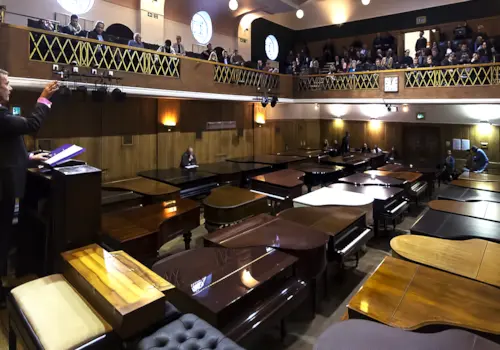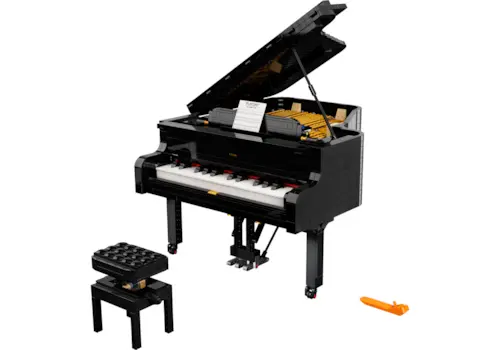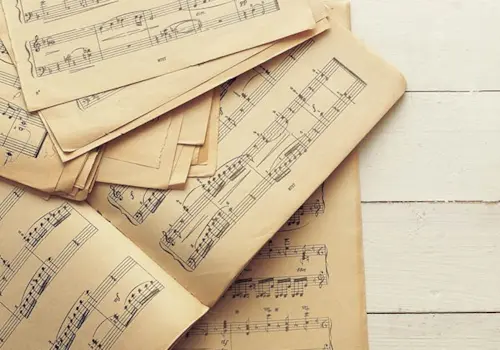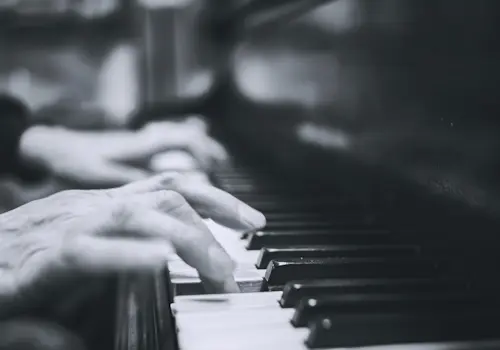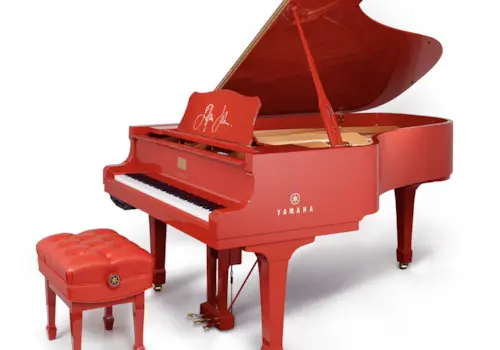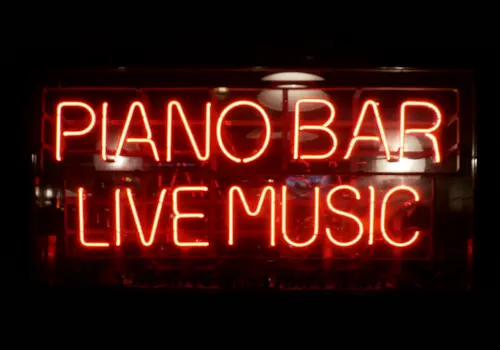Erica Worth takes a listen to American pianist Russell Hirshfield's latest release
ALEXANDER SCRIABIN: EARLY WORKS
24 Preludes Op 11; Sonata No 2 in G sharp minor Op 19 ‘Sonata Fantasy’; Two Impromptus Op 14; Four Preludes Op 22; Etudes Op 8 (Nos 11 and 12)
Russell Hirshfield (piano)
Navona Records NV 6302
The Preludes weave their way through Scriabin’s output. Their journey travels a distance of 25 years, from the prodigiously accomplished teenage homages to Chopin in the Op 2 and Op 11 to the crystalline anticipations of jazz and blues – and a break from tonality – in Op 74.
Here, in his latest release for Navona Records, American pianist Russell Hirshfield focuses on the early works of Scriabin, choosing to kick-start his programme with the complete 24 Preludes Op 11 (1888-1896). These works are pianistically very well laid out for the hands, harping back to the Romantic lyricism of Chopin – but they nonetheless require forward-thinking whimsy and improvisatory flair. Where some pianists might fall headlong into the gushy, frenzied and overly-rubato side of Scriabin, Hirshfield opts for a more restrained and sovereign approach. But less is often more: in Hirshfield’s hands, each is a mini-drama of concentrated music that demands the full attention of the listener. No 1 sets the scene, with a grandioso (rather than chaotic) feel, setting the tone for things to come. Straight into No 2, and we hear real intimacy (as we do in the loveable No 4). Other highlights include No 8, with its yearning ascending right-hand melody octaves and the enveloping No 22, played with beauty of tone.
The journey continues with the two-movement ‘Sonata Fantasy’ Op 19 (1898), in which early hints of late Scriabin are apparent. The rubato is lavish in the dreamy first movement, and the treble filigree notes full of wonderment. The technically challenging last movement can push the boundaries of pianists’ technique, but Hirshfield admirably puts across the abandonment of Scriabin’s new and freer harmonic sound-world.
The Two Impromptus Op 14, brimming full of tender lyricism and optimism, are followed by the intimate Four Preludes Op 22 of 1897. Hirshfield rounds off the album with the popular final two Etudes from Op 8 (1894), where exultant outbursts are well-judged and technical control is not in doubt. A fine release, recorded on a beautifully-voiced Steinway model D.

